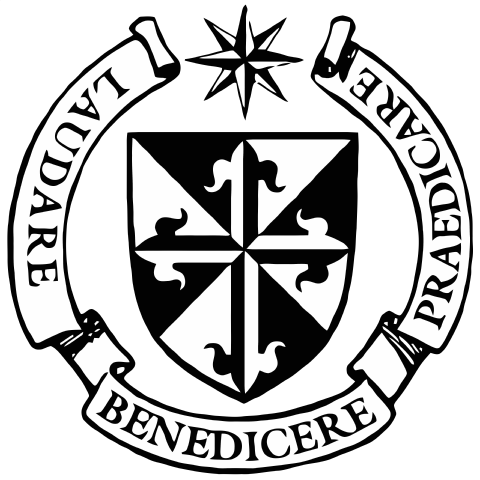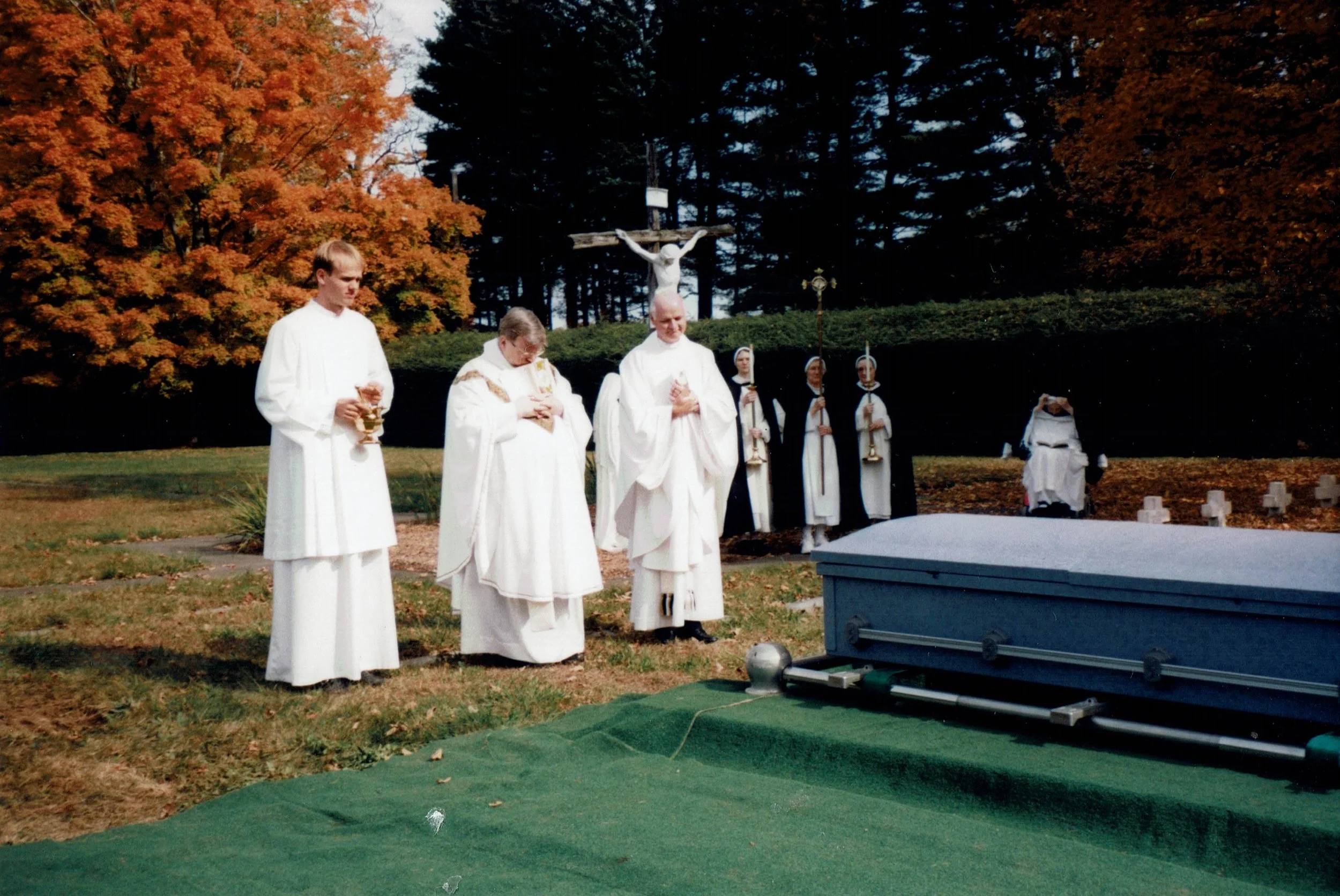To Live is Christ, to Die is Gain
“I rejoiced when I heard them say: ‘Let us go to God’s house.’
And now our feet are standing within your gates, O Jerusalem. ”
The eschatological nature of consecrated life is lived by the Dominican nun from the moment of her entrance into the monastery, when she first makes trial of this way of life that requires continual death to self, until the day of her bodily death. The Church teaches that by profession of the evangelical counsels, the religious “show[s] forth the unbreakable bond of union that exists between Christ and his bride the Church.” This same profession “[preludes] our future resurrection and the glory of the heavenly kingdom.”
In his exposition of Psalm 122, Saint Augustine writes, “Holy love raises the soul to heavenly thoughts and kindles in it a longing for eternal realities, arousing its desire for what neither passes nor dies, and lifting it from the depth of hell to heaven.” The nun has such a longing for these eternal realities and such a holy love enkindled within her soul that she seeks out her Lord in a life of prayer and penance in the monastery. She knows that “No one has greater love than this, to lay down one’s life for one’s friends” (Jn 15:13). She seeks to lay down her life out of love for that Friend who first laid down His life for her, desiring to be forever united to Him.
St. Augustine further notes, “Yet even while we are still on the journey we find companions who have already seen that city and they invite us to run toward it […] Let’s run to the Lord’s house, and let our soul be gladdened by those who tell us these things!” The monastery is a place of such companionship, where the nuns live together in fraternal charity, in oneness of mind and heart, striving to live on earth that which we attain to in heaven. The witness of each individual nun spurs on her sisters to a heavenly life. The witness of the lives of the nuns as a whole becomes an eschatological symbol to the world of the life of heaven.
It is fitting, then, that psalm 122 is chanted by the nuns of the Order of Preachers both at the rite of entrance of a postulant and at the rite of reception of the body of a deceased nun. For the postulant, the monastery is God’s house on earth, the gates of which she rejoices to step foot within, asking for the grace and mercy to remain within those gates for the rest of her life. It is within these gates that she seeks to give herself entirely to the constant praise of the Lord’s name.
For the deceased nun, who has spent her life within the monastery doing just that, the psalmist's words reach their fulfillment. She came to the monastery, God’s house on earth, to prepare herself for the day of here death and for an eternity within the gates of the heavenly Jerusalem. By chanting these words as her body is received, we rejoice with our sister. Indeed, our Constitutions oblige us to do so: “The nuns must faithfully remember those of the family of St. Dominic who have gone before them and have left them an ‘example by their way of life, fellowship in their communion and aid by their intercession.”
In this month of November, which the Church dedicates to praying for the Holy Souls in Purgatory, we intercede especially for those souls, so that together with the entire Communion of Saints, we may pray, let us go rejoicing to the house of the Lord!
Please share our jubilee posts with family and friends! All pictures and texts are property of the Monastery of Our Lady of Grace and may not be reproduced without permission.

